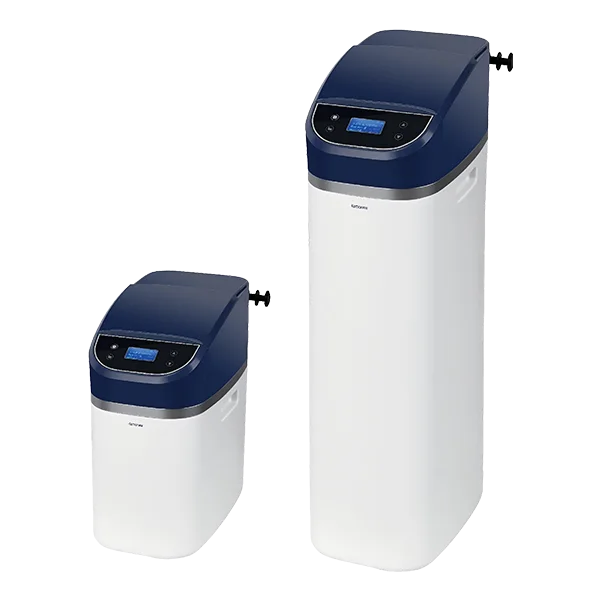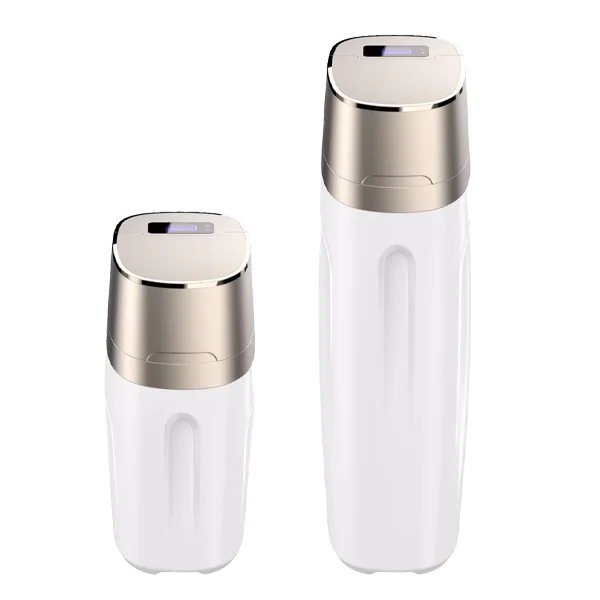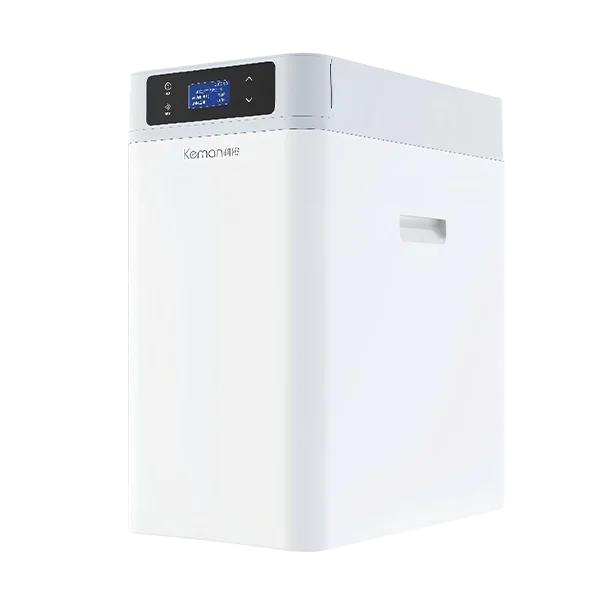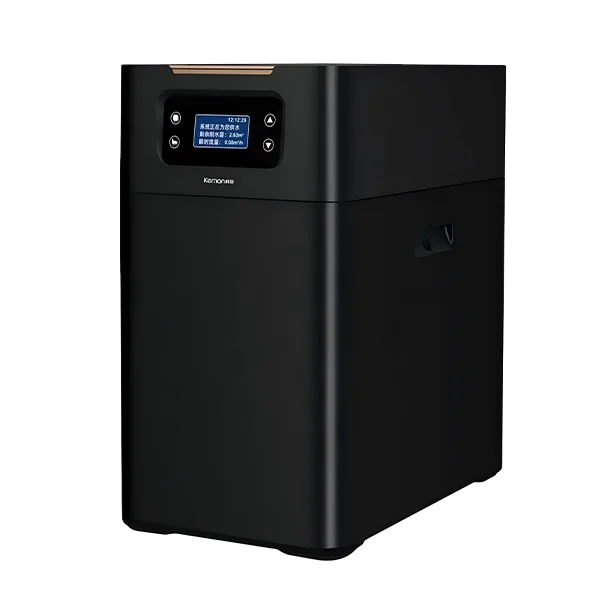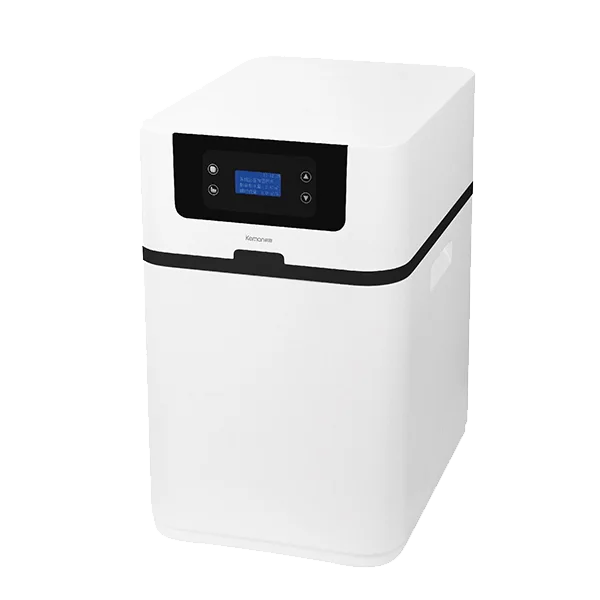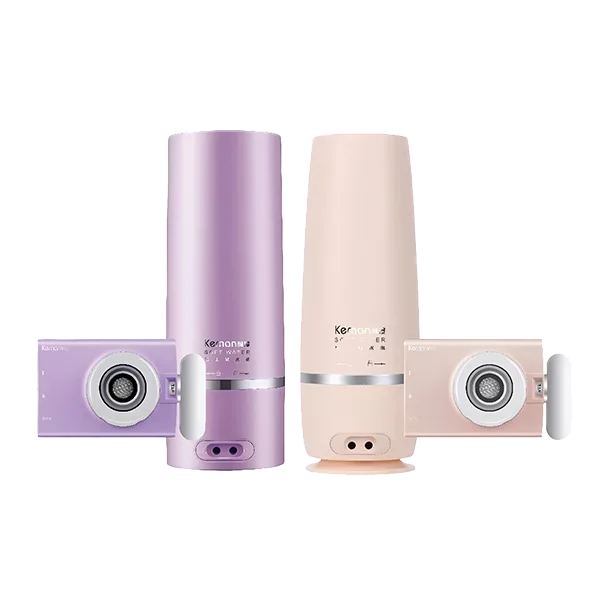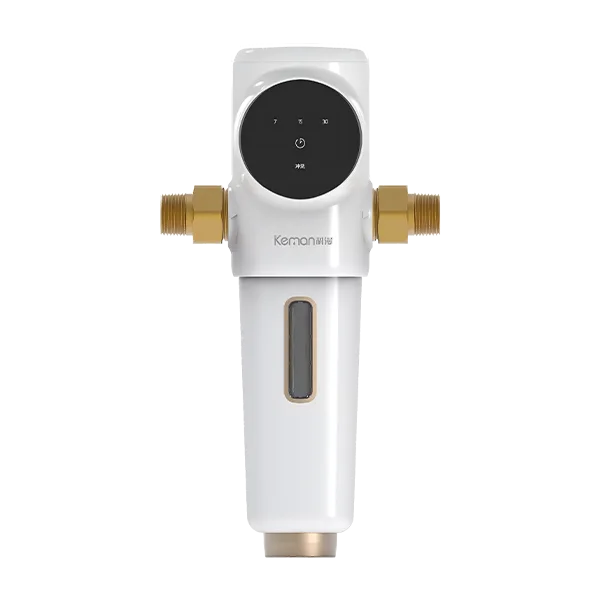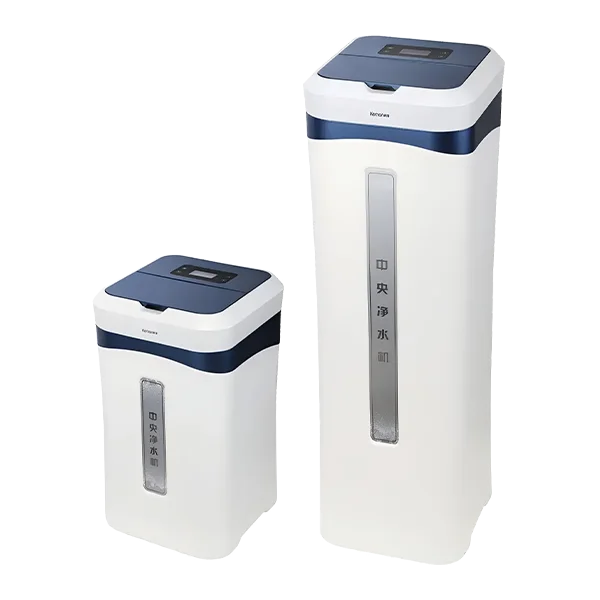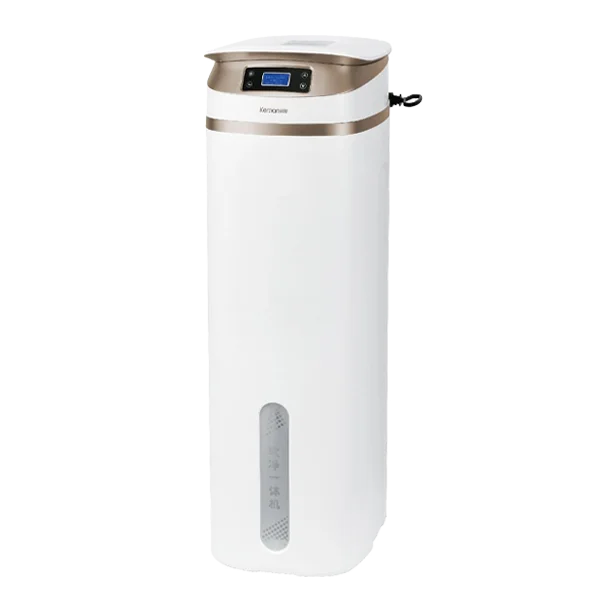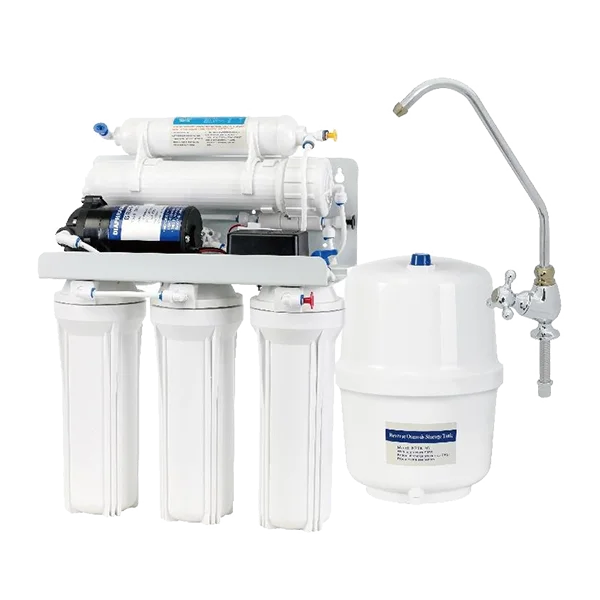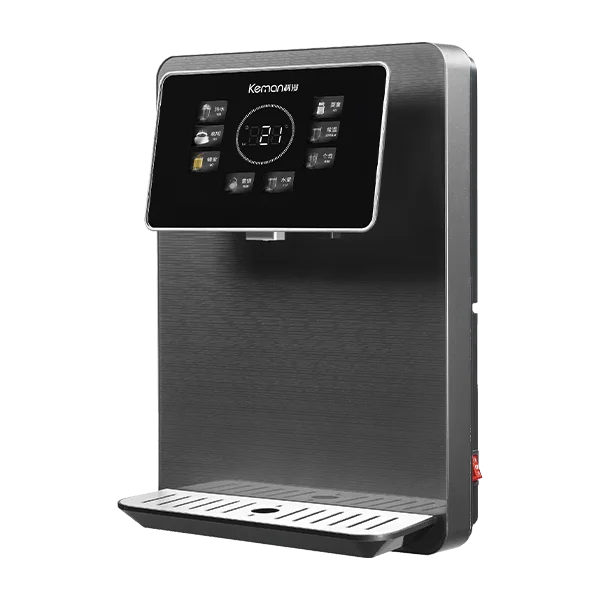Water Softener – Soften, No Scale, Protecting Appliances and Skin
In a whole-house water filtration system, a water softener is a device that reduces the calcium and magnesium ion content in water through ion exchange resin, softening the water to reduce scale formation, protect household water appliances, and improve the quality of domestic water.
Natural water usually contains a higher amount of calcium and magnesium ions, which is referred to as hard water. In daily life, hard water can lead to scale deposits, affecting the lifespan and efficiency of household appliances. Additionally, hard water can impact the health of human skin and hair, and reduce the effectiveness of cleaning products. Water softeners are typically used in conjunction with central water purifiers to effectively soften hard water, providing a more comfortable and healthy water environment.
